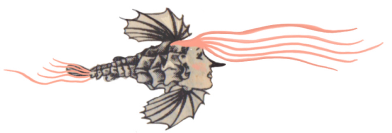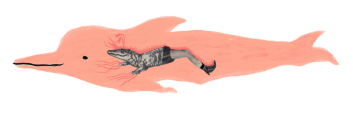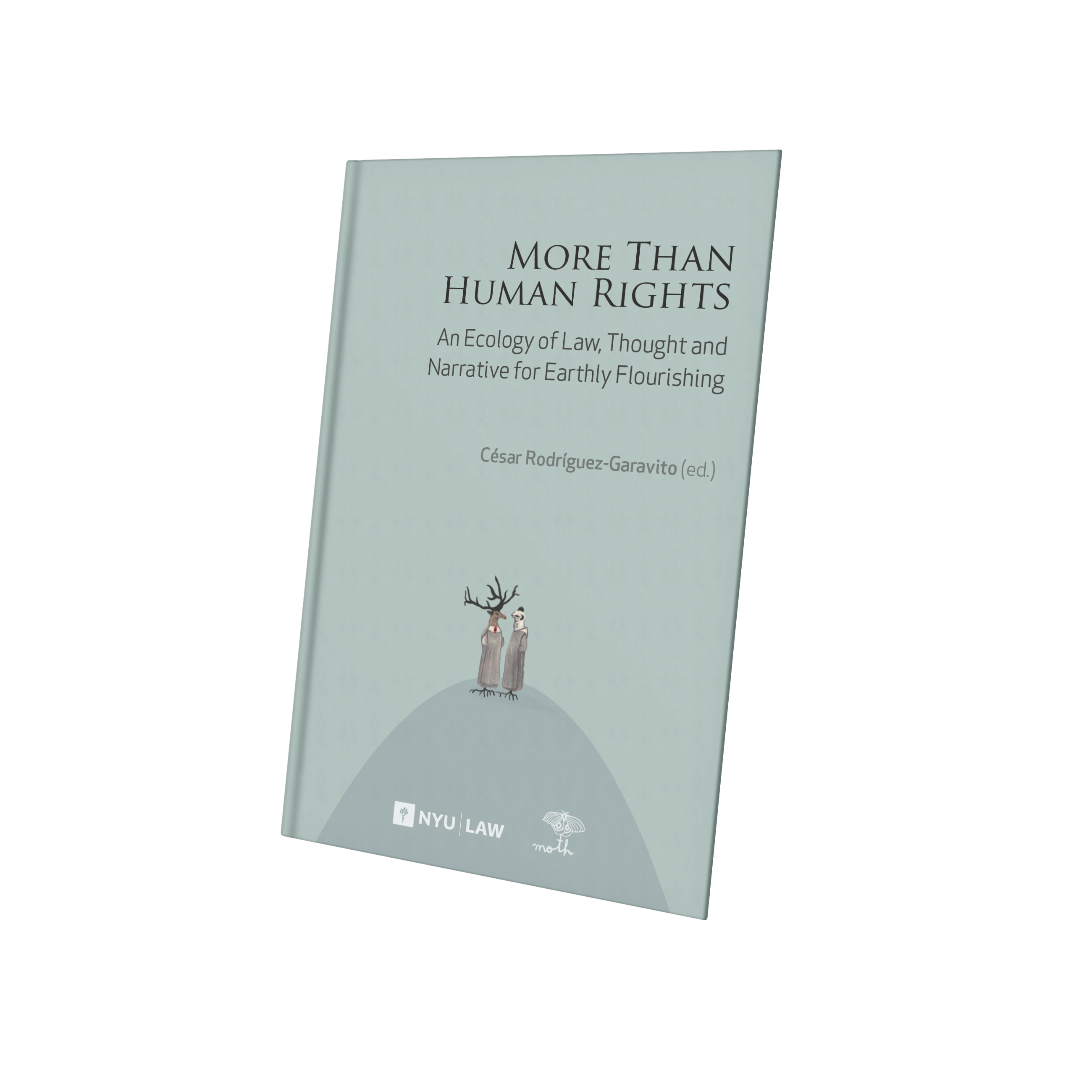More Than Human Rights
An Ecology of Law, Thought and Narrative for Earthly Flourishing

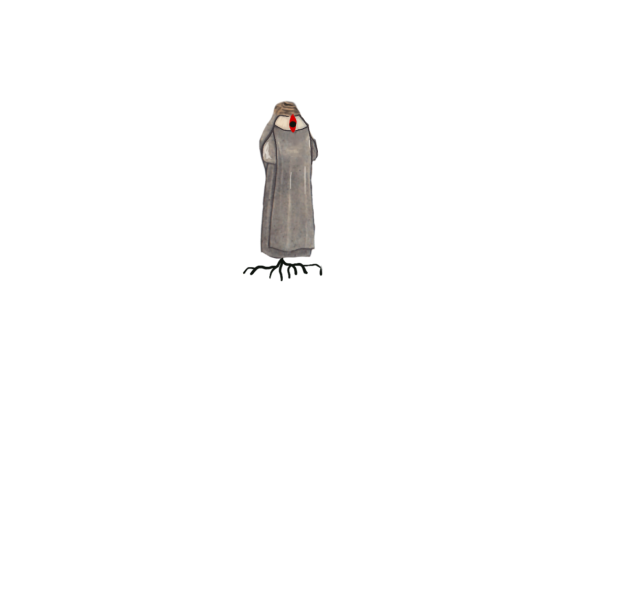
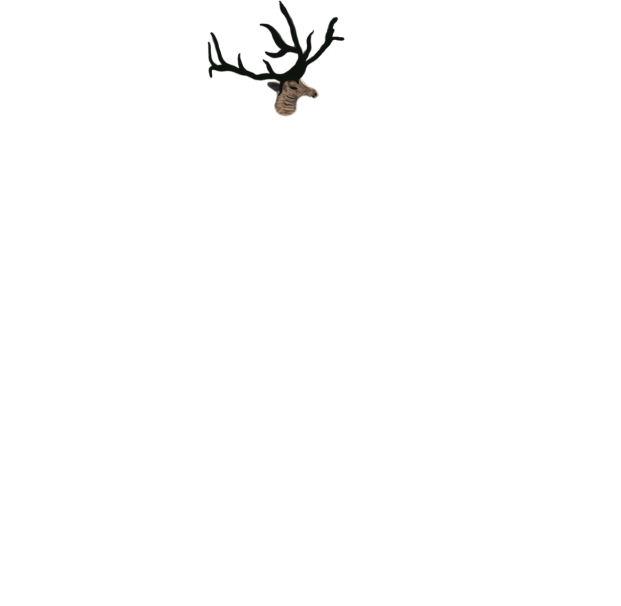
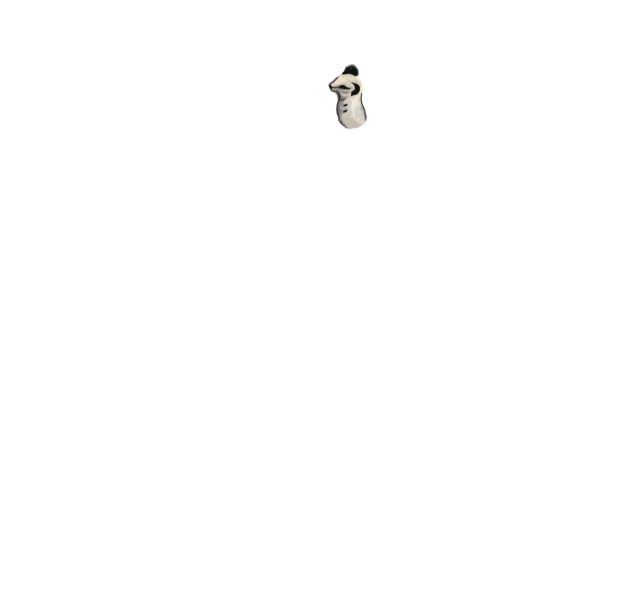
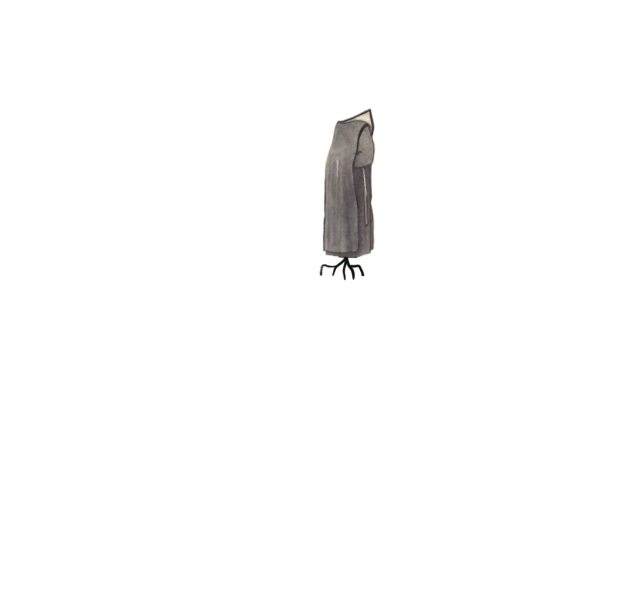


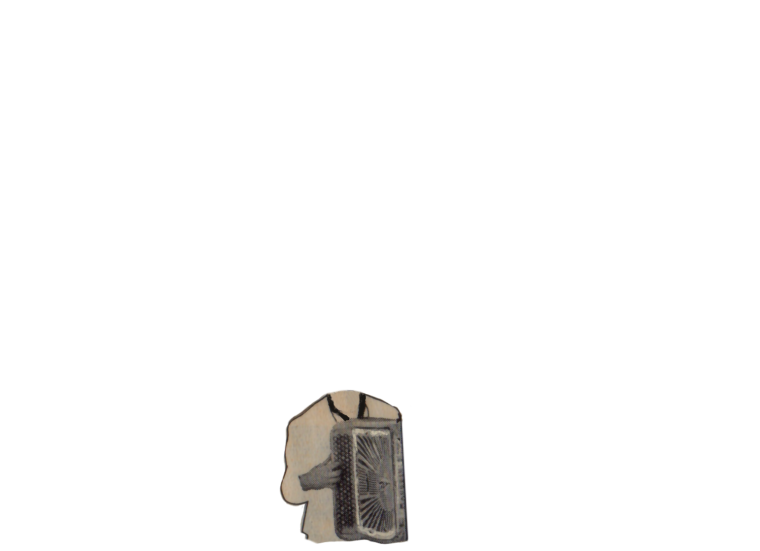
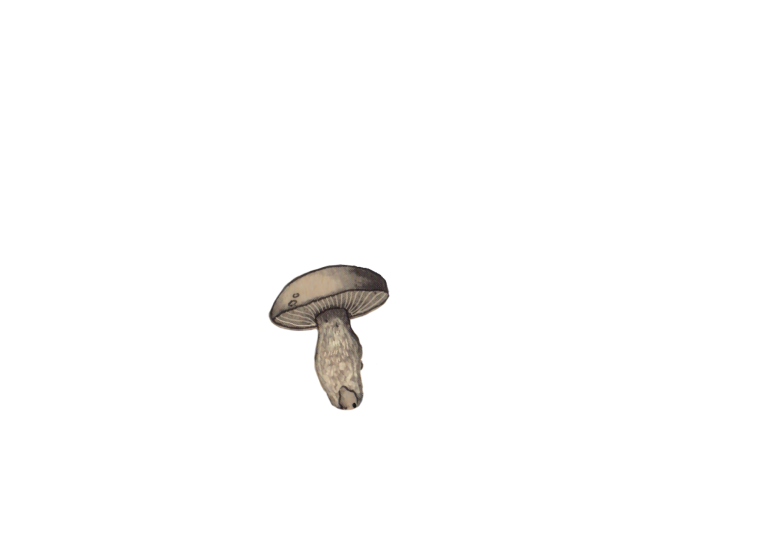
This book includes contributions from leading lawyers, scientists, philosophers, and writers from around the world who participated in the inaugural gathering of the More-Than-Human Rights (MOTH) project. The volume discusses the philosophical, legal, and scientific foundations of the MOTH framework as well as its implications for ideas and practices in fields such as law, human rights, ecology, politics, and storytelling.
Building on the invitation of Indigenous knowledge and ecological sciences to expand our sensorial and moral horizon and see ourselves again as part of Earth’s web of life, the provocation of this book is to locate rights in the more-than-human world. Among the questions guiding the book are: What theoretical and legal approaches can solidify the foundations of the rights of nature? How do findings from the natural sciences, Indigenous knowledge, and other fields shed new light on the idea of the rights of nature? What types of nonhuman entities should be protected? What types of rights should they be recognized as holding? What are the lessons from existing legislation, constitutional provisions, and lawsuits that embrace this notion? More broadly, how can we conceive of “human rights without human supremacism”?
Chapters
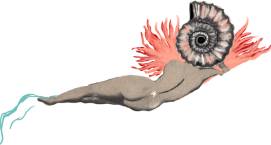
PART I - FRAME
PART II - CONCEPTS
PART III - SCIENCE AND STORYTELLING
“The Jungle is a Living, Intelligent and Conscious Being”: A Conversation
José Gualinga Montalvo & Carlos Andrés Baquero DíazPART IV - LAW
Global Patterns and Trends in Rights of Nature Legal Provisions: Insights from the Eco Jurisprudence Monitor
Craig M. KauffmanCan the Rights of Nature Transform the Way Rights Are Conceptualized in International Law?
Emily JonesContributors
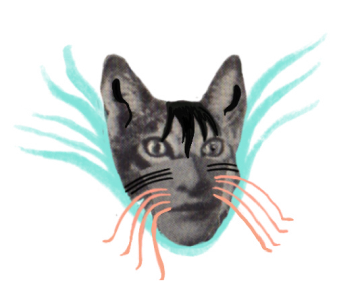
 Agustín Grijalva Jiménez
Agustín Grijalva Jiménez
 Andrea Wulf
Andrea Wulf
 Anna Sturman
Anna Sturman
 Carlos Andrés Baquero-Díaz
Carlos Andrés Baquero-Díaz
 Catalina Vallejo Piedrahíta
Catalina Vallejo Piedrahíta
 César Rodríguez-Garavito
César Rodríguez-Garavito
 Craig Kauffman
Craig Kauffman
 Dale Jamieson
Dale Jamieson
 Danielle Celermajer
Danielle Celermajer
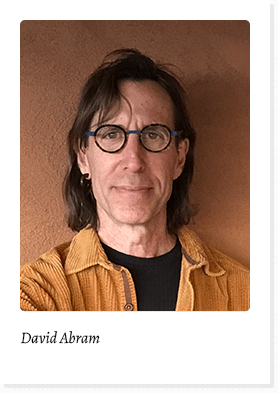 David Abram
David Abram
 Dr. Emily Jones
Dr. Emily Jones
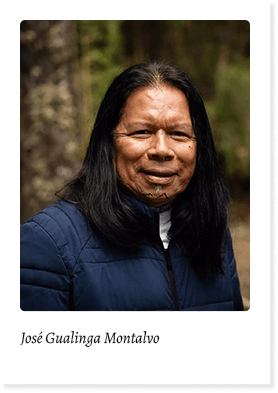 José Gualinga Montalvo
José Gualinga Montalvo
 Merlin Sheldrake
Merlin Sheldrake
 Ramiro Ávila Santamaría
Ramiro Ávila Santamaría
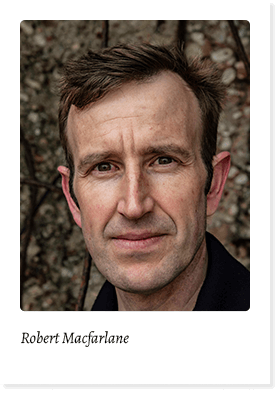 Robert Macfarlane's
Robert Macfarlane's
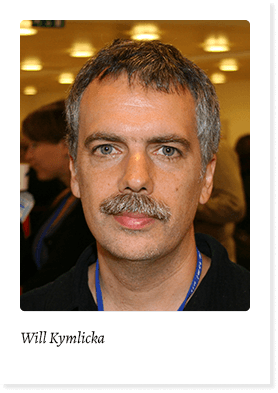 Will Kymlicka
Will Kymlicka
Take a peak



